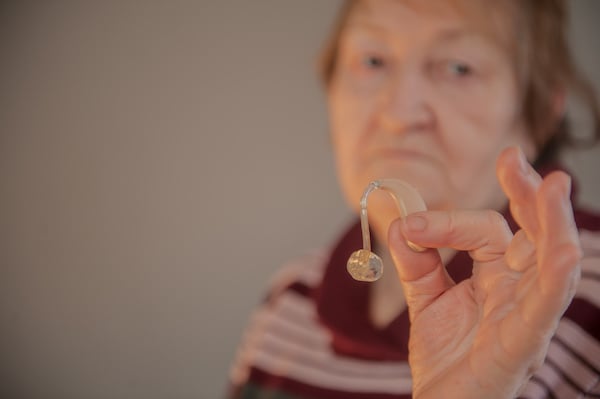

Experiencing some degree of hearing loss is a common occurrence for many seniors. However, there’s growing evidence suggesting a strong association between cigarette smoking patterns and hearing impairments. While taking precautions against excessive noise exposure is one way to reduce or treat hearing loss, research has emerged suggesting that smokers should also consider quitting combustible cigarettes as another preventative that can help it from occurring in the first place. Are you ready to examine the facts?
The study
Published in JAMA Otolaryngology-Head & Neck Surgery, Dr. Deal and her colleagues examined audiometric and speech-in-noise hearing measures with cigarette smoking patterns. As a cross-sectional study, data from participants within a previous control study—Atherosclerosis Risk in Communities study—over 40 years were analyzed. Visits one (1987-1989) through six (2016-2017) were categorized based on self-reported smoking status and behaviors over time. These categories were split apart further into three subcategories: never or former smoker at baseline, quit smoking during study, and persistent smoker. An advanced methodology to account for current smoking was also considered to avoid bias and underestimation of the association between smoking and hearing loss over time.
Two measures of hearing were also analyzed—pure tone audiometry to understand what’s happening in the inner ear and speech-in-noise, to measure central auditory processing.
The study included 3,414 participants between the ages of 72 to 94, with 59.5% of subjects identifying as women.
What were the results?
The risk of hearing loss among participants who had quit smoking during the study was equivalent to the risk of those who had never smoked. Persistent smokers were consistently associated with the worst hearing during the study period.
Is vaping better than smoking cigarettes?
The findings of this study support the use of smoking cessation as a possible strategy for reducing one’s risk for hearing impairment as one ages. This means that the answer to the question, “Is vaping better than smoking cigarettes?”, is yes. Especially if hearing loss is a cause for concern.
Vaping allows smokers to transition to e-cigs that meet their nicotine needs while cutting off their tobacco intake. This grants users the freedom to lower their nicotine intake over time without feeling the pressures and side effects of nicotine withdrawal.
Are you a smoker and have you noticed a depreciation in your hearing health? Drop a comment below to let our readers know more about your story.
The post Combustible cigarette smoking and how it impacts your hearing appeared first on Blog Vape-Ecigs.




